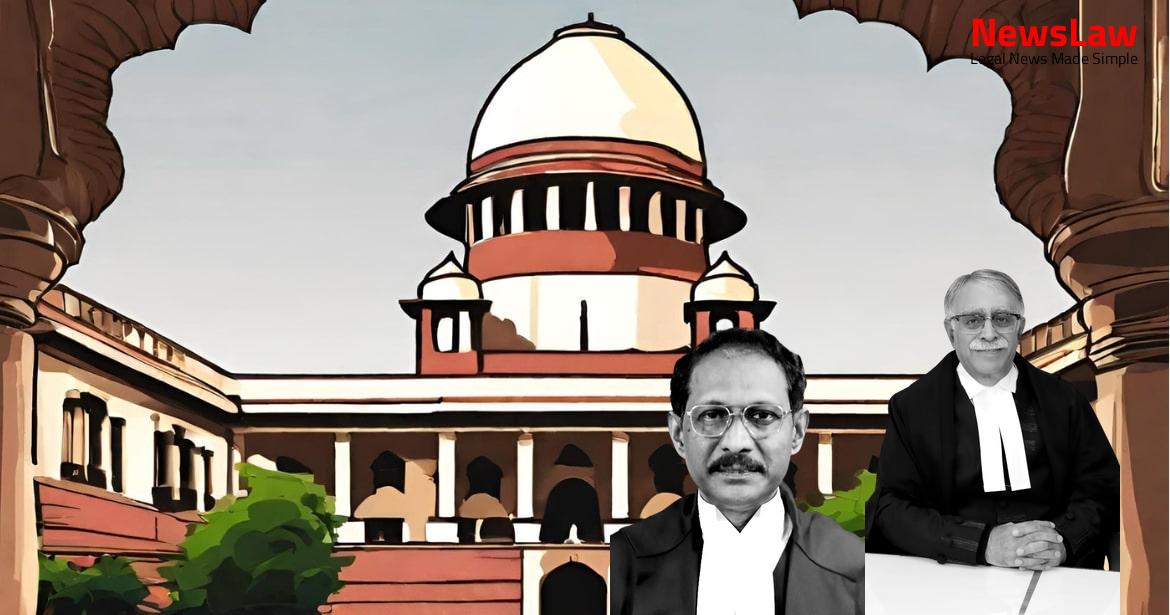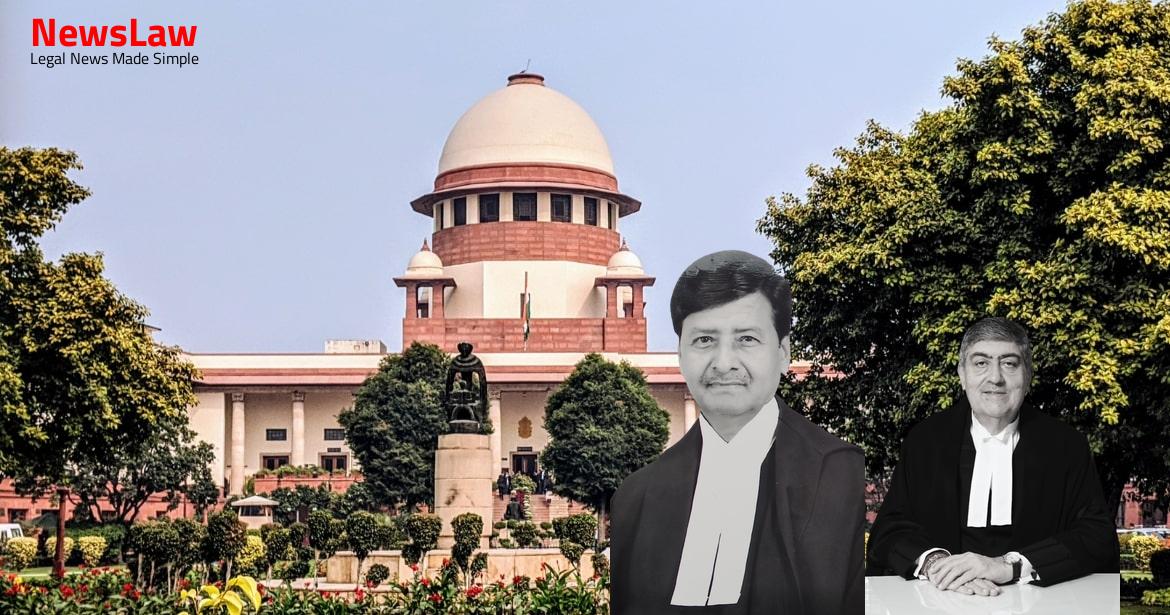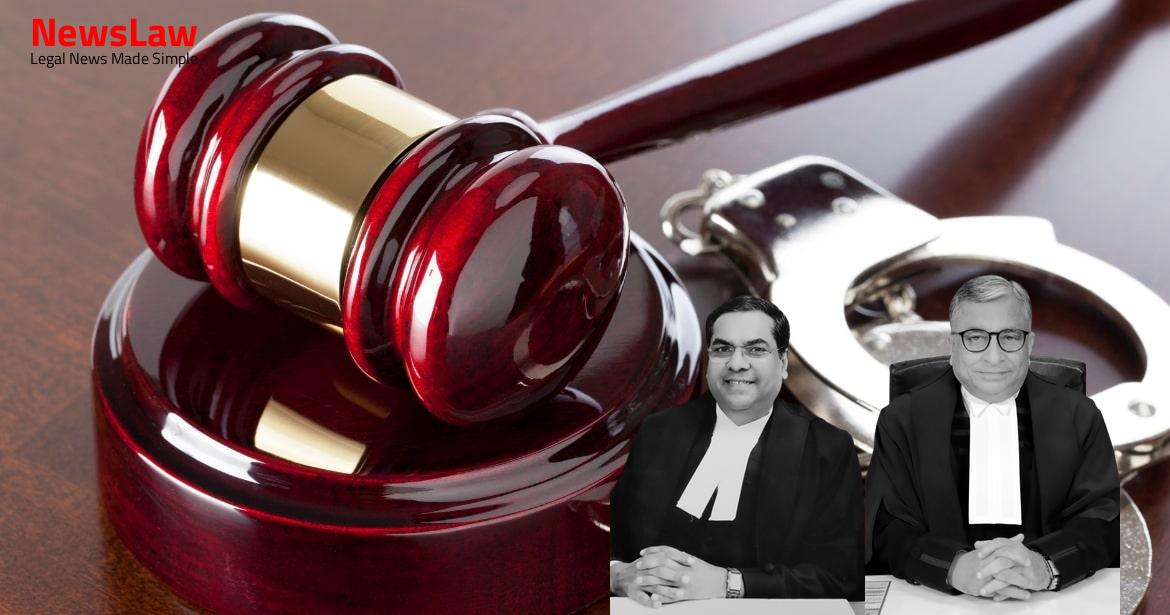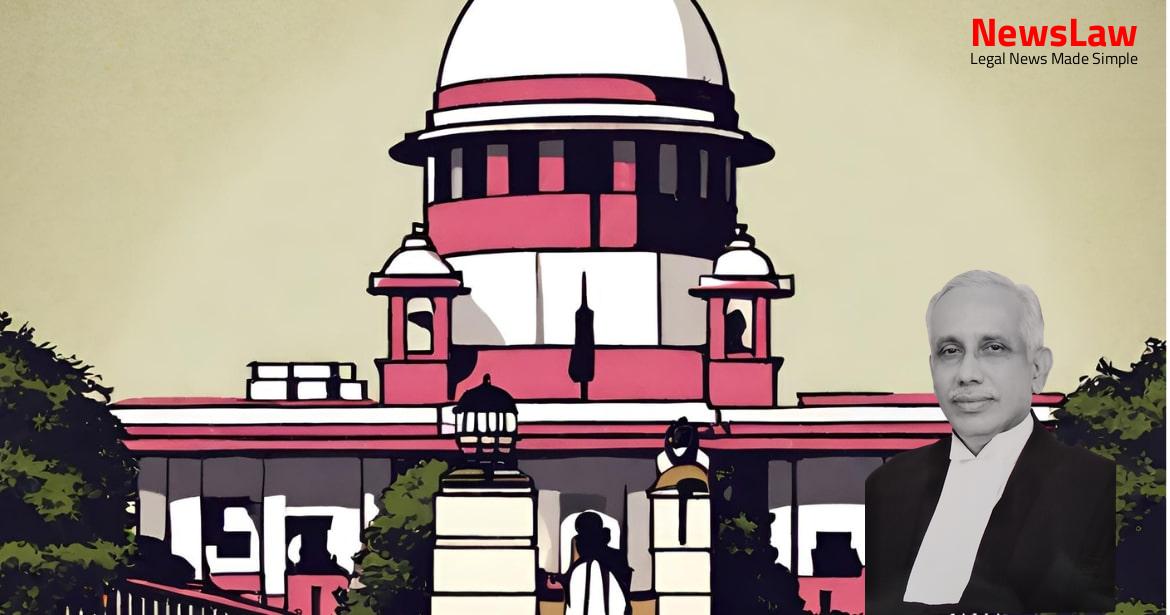In a significant legal development, the Supreme Court of India has issued a landmark judgment on the matter of delayed possession of flats. The judgment addresses critical issues related to consumer rights and sets a new standard for accountability in the real estate sector. This ruling will have far-reaching implications for both developers and homebuyers, ensuring greater protection and fairness in real estate transactions.
Facts
- The NCDRC found that there was a delay in handing over the flats to the appellants.
- The complaint was partially allowed in the impugned order dated 15.09.2022.
- An order was passed by NCDRC on 27.01.2021 directing notice to the Opposite Party and mentioning the consequence of not filing a Written Statement.
- The appellants challenged this order in Civil Appeal No.715 of 2021, which was allowed on 11.08.2021.
- The Construction Agreement stated that possession of flats should be handed over by March 2014.
- The impugned order dated 15.09.2022 was passed based on certain factual findings.
- The first respondent-builder was aware of the complaint but did not respond.
- Subsequent to this, the builder contacted the complainants via email between January 2020 and June 2020.
- Participating in the proceedings was left open to the respondent-builder despite not filing a written statement.
- The impugned order partly allowed the complaint, addressing various grievances and claims of the complainants.
Also Read: Enhancement of Sentence in the Case of Bigamy: Appellant vs. Accused Nos. 1 and 2
Analysis
- The case involves a dispute regarding the delay in handing over possession of flats to the complainants.
- The appellants contend that the NCDRC did not consider the relevance of Clause 6.1 of the Construction Agreement.
- The appellants argue that the NCDRC should have followed the formula from a previous case in fixing the due date for possession for computing compensation.
- The NCDRC allowed the first respondent to introduce new facts through written submissions despite the forfeiture of their right to file a written statement.
- The Construction Agreement stipulated a promised date for possession on or before March 2014 with a grace period of six months.
- The NCDRC departed from the formula established in a previous case for fixing the due date for possession, which was deemed unjustified.
- The High Court did not analyze the merits of setting aside the ex-parte judgment and decree in the case.
- The first respondent’s participation without filing a written statement was limited to cross-examining witnesses, not introducing new pleadings.
- The NCDRC’s decision lacked exceptional circumstances justifying the deviation from established formula for fixing the due date for possession.
- The NCDRC’s failure to consider the relevant condition in Clause 6.1 of the Construction Agreement was a critical oversight.
- The first respondent’s attempt to resist the complainants’ claims through written submissions was not supported by the court.
- In conclusion, the first respondent’s actions in introducing new facts post-forfeiture of their right to file a written statement were deemed inappropriate.
- In RV Prasannakumaar’s case, possession of flats was supposed to be handed over on 31.01.2014.
- NCDRC found that compensating buyers with interest at 6% per annum from the due date of possession till the offer of possession is adequate.
- NCDRC’s decision was deemed just and reasonable by the court.
- Decision in RV Prasannakumaar vs. Mantri Castles Pvt. Ltd. referred to by NCDRC answered the issue.
- Claim for refund of car parking charge was declined interference based on NCDRC’s finding.
- NCDRC followed the method in RV Prasannakumaar’s case for compensating claimants with interest at 6% per annum from the due date of possession till the date of possession offer.
- Despite contentions from complainants, compensation in the form of interest at 6% per annum was favored over clause 6 of the agreement referencing RV Prasannakumaar’s case.
- Comparison made between different rates of compensation for delayed possession in RV Prasannakumaar’s case and the current case.
- Every pleading must contain a concise statement of material facts relied upon for claim or defense.
- Pleadings should not include the evidence by which the facts are to be proved.
- No new ground of claim can be raised in a pleading except by way of amendment.
- Pleadings should not contain facts inconsistent with previous pleadings of the party.
- Referral to a Division Bench decision of the Karnataka High Court in Nalini Sunder v. GV Sunder is mentioned.
- Rules 1 and 2 of Order VI of the CPC define what constitutes pleading.
- NCDRC declined the prayer for refund of legal fee charged excessively for conveyance as no evidence was provided by the complainants to determine the legal fee.
- NCDRC had previously issued directions for the construction of Green Jogging Track and Convenience Store as promised in the brochure.
- The decision of NCDRC not to refund the legal fee was upheld and not interfered with.
Also Read: Judgment on Custodial Death Case: Implications for Criminal Conspiracy
Decision
- The National Consumer Disputes Redressal Commission (NCDRC) has determined the liability of the developer to pay delayed compensation to complainant-buyers.
- Interest at the rate of 6% per annum is to be paid on the deposit of the complainants from the due date of possession until the date of offer of possession.
- The NCDRC findings on delayed handing over of flats and non-construction of amenities have become final.
- The appeal has been allowed in part by modifying the compensation formula for delay in possession.
- The liability of the developer to pay interest remains at 6% per annum.
- The appeal has been allowed and pending applications have been disposed of.
Also Read: Life Insurance Corporation of India vs. Narender Kumar Kantilal Modi – Legal Case Summary
Case Title: KAUSHIK NARSINHBHAI PATEL Vs. M/S. S.J.R. PRIME CORPORATION PRIVATE LIMITED (2024 INSC 542)
Case Number: C.A. No.-008176 – 2022



